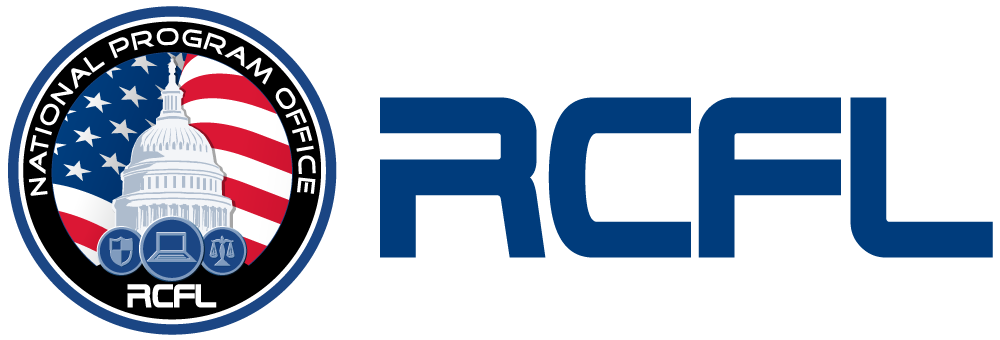Useful info/Tips & Questions/Answers
What is Digital Forensics?
Digital forensics is the application of science and engineering to the recovery of digital evidence using legally acceptable methods. Examiners use digital investigation and analysis techniques to determine what could be legally permissible evidence on devices ranging from computers and cell phones to other digital media. Examiners are capable of locating deleted, encrypted, or damaged files and data that may serve as evidence in a criminal or national security investigation.
What is the TVRCFL?
The TVRCFL is a full-service forensics laboratory and training center devoted to the examination of digital evidence, including computers, mobile phones, cameras, and other devices to support the investigation and/or prosecution of a federal, state, or local crime.
What types of crimes does the TVRCFL help investigate?
RCFL investigations span all types of criminal activity including:
- Terrorism
- Child pornography
- Crimes of violence
- Trade secret theft
- Theft or destruction to intellectual property
- Internet crimes
- Fraud
- Financial crimes
- Property crimes
How do I work with the TVRCFL?
RCFLs only work with law enforcement agencies on criminal investigations.
RCFL customers are either participating agencies or non-participating agencies that lie within the service area. Participating agencies help support and staff the RCFL. Non-participating agencies are those that are within the boundaries of the service areas but do not have direct relationship with the RCFL.
What are the primary services provided by the TVRCFL?
Conduct a comprehensive examination of digital evidence
Provide a complete and timely report to the contributor
Provide testimony as needed
Act as a regional focal point for digital evidence issues
TVRCFL examiners can extract information from a computer system or digital media and can often recover deleted, encrypted, or damaged files.
